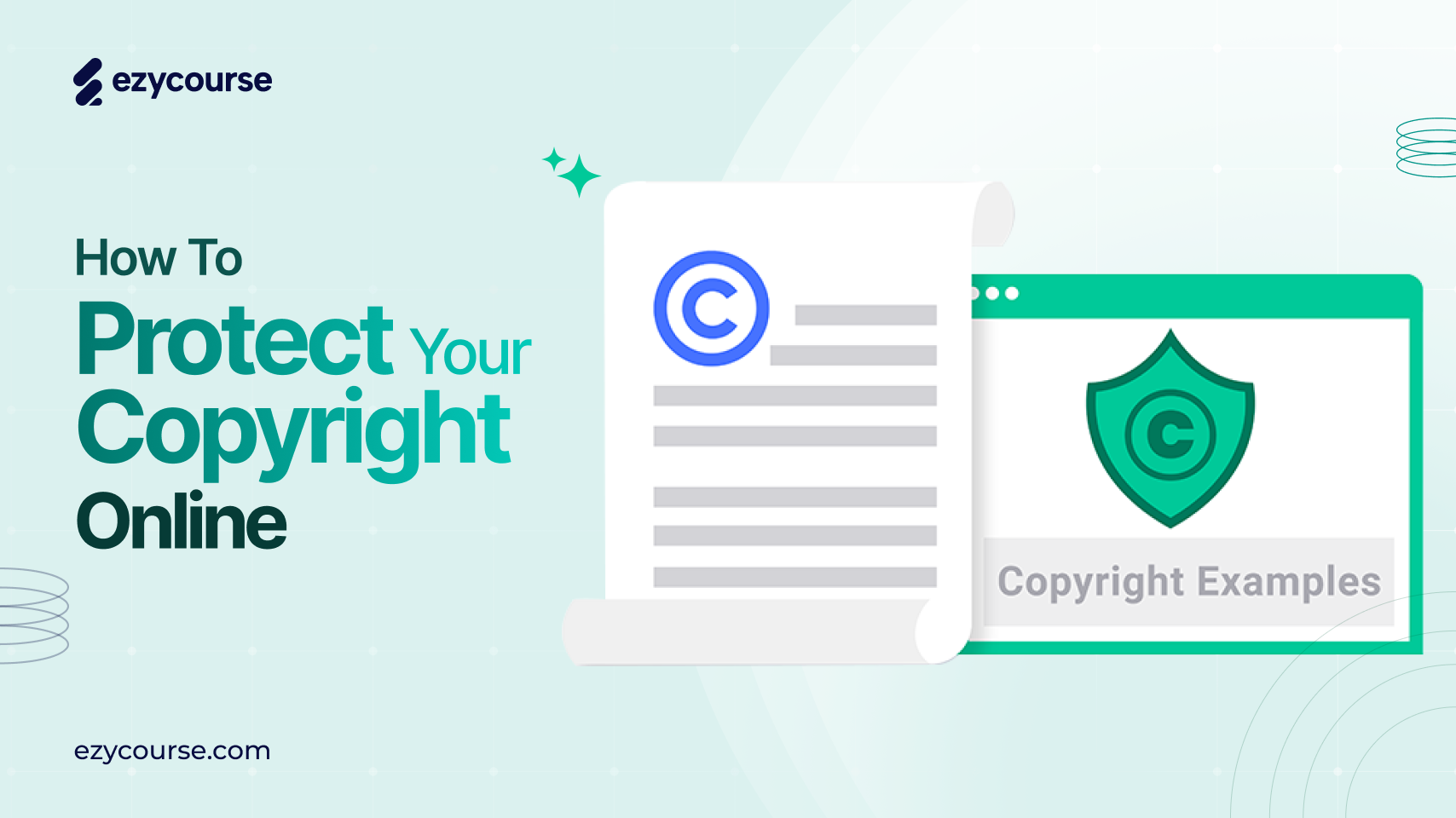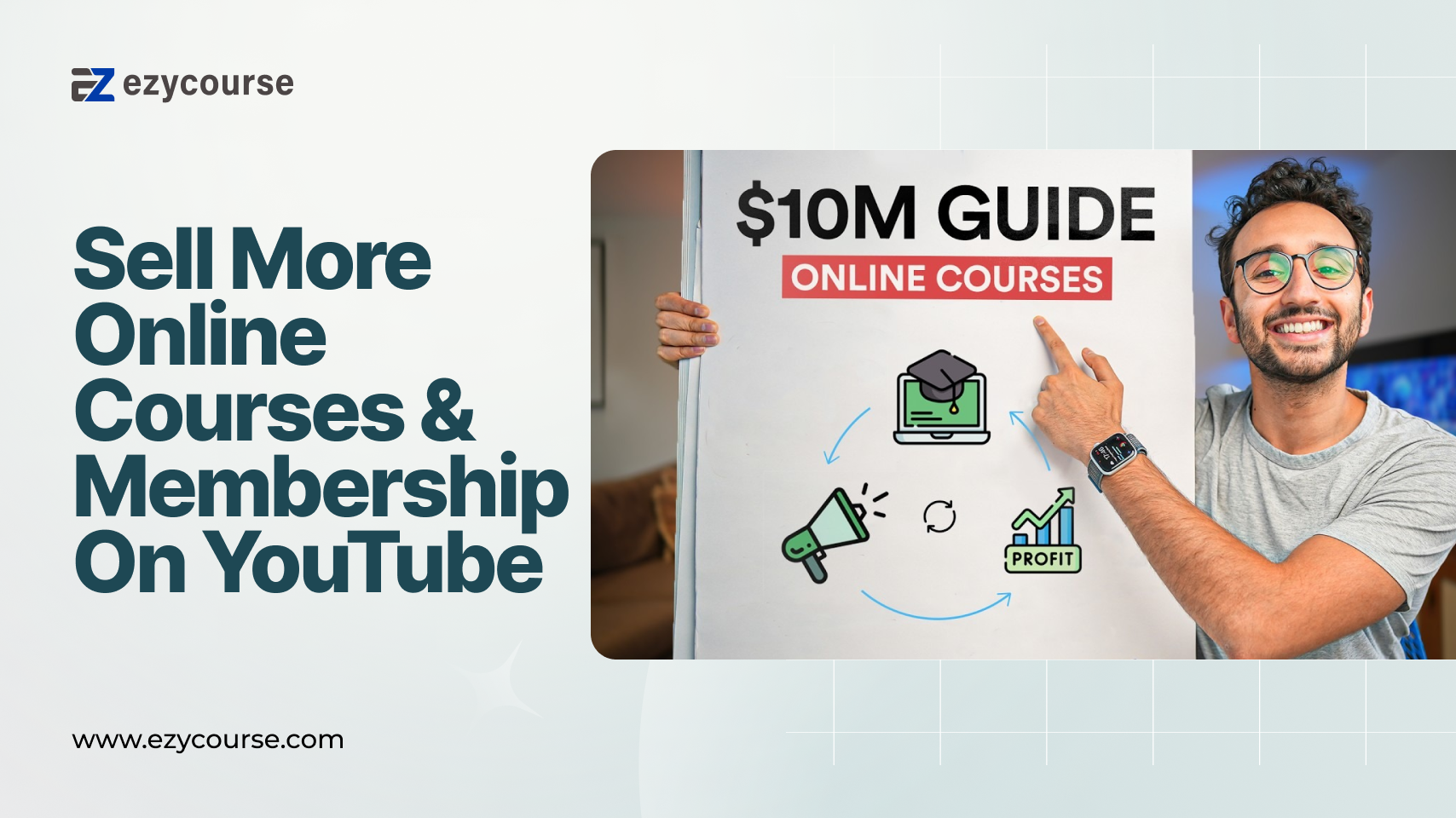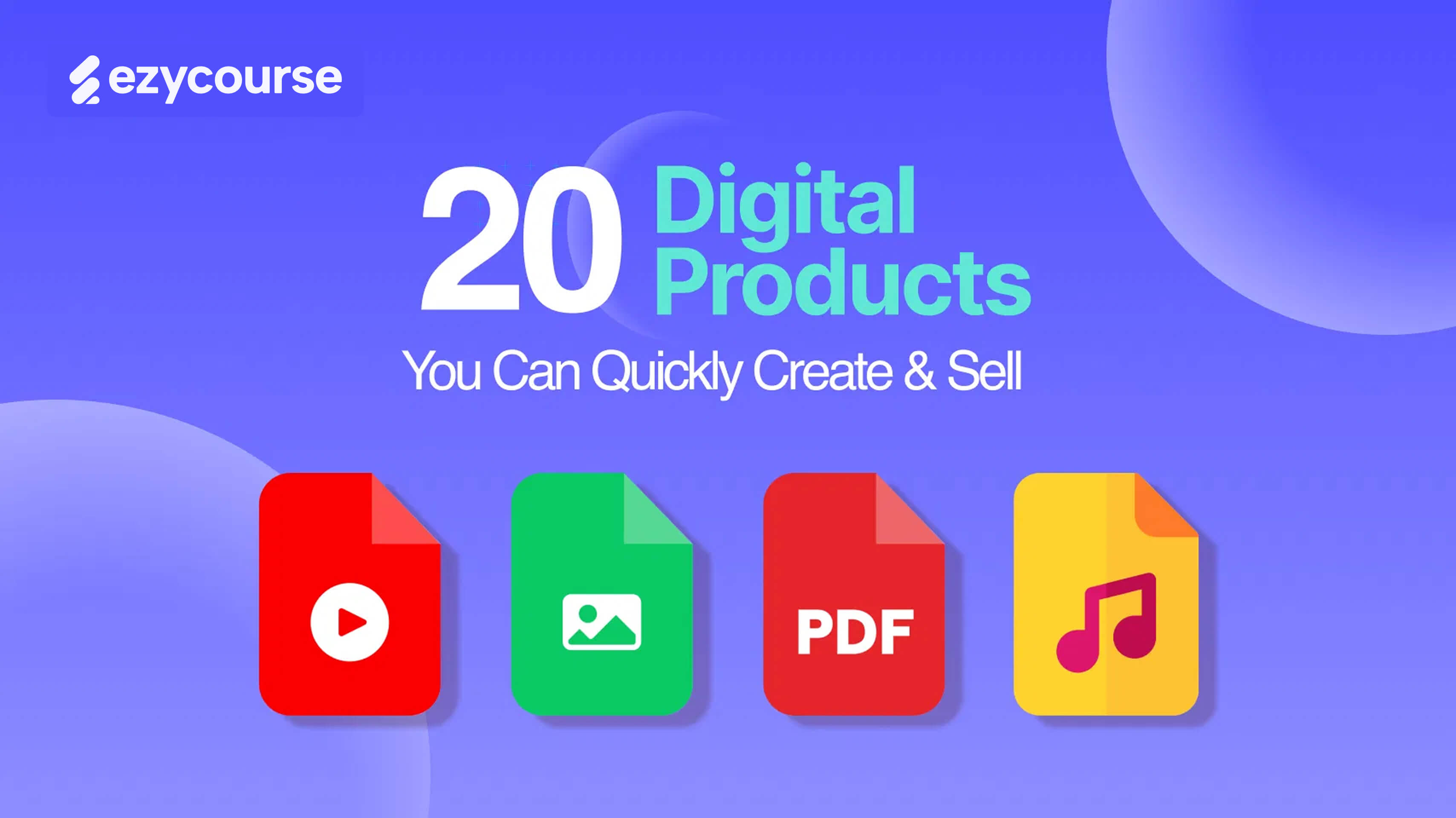Do You Need A Life Coaching Certification? Pros & Cons Explained
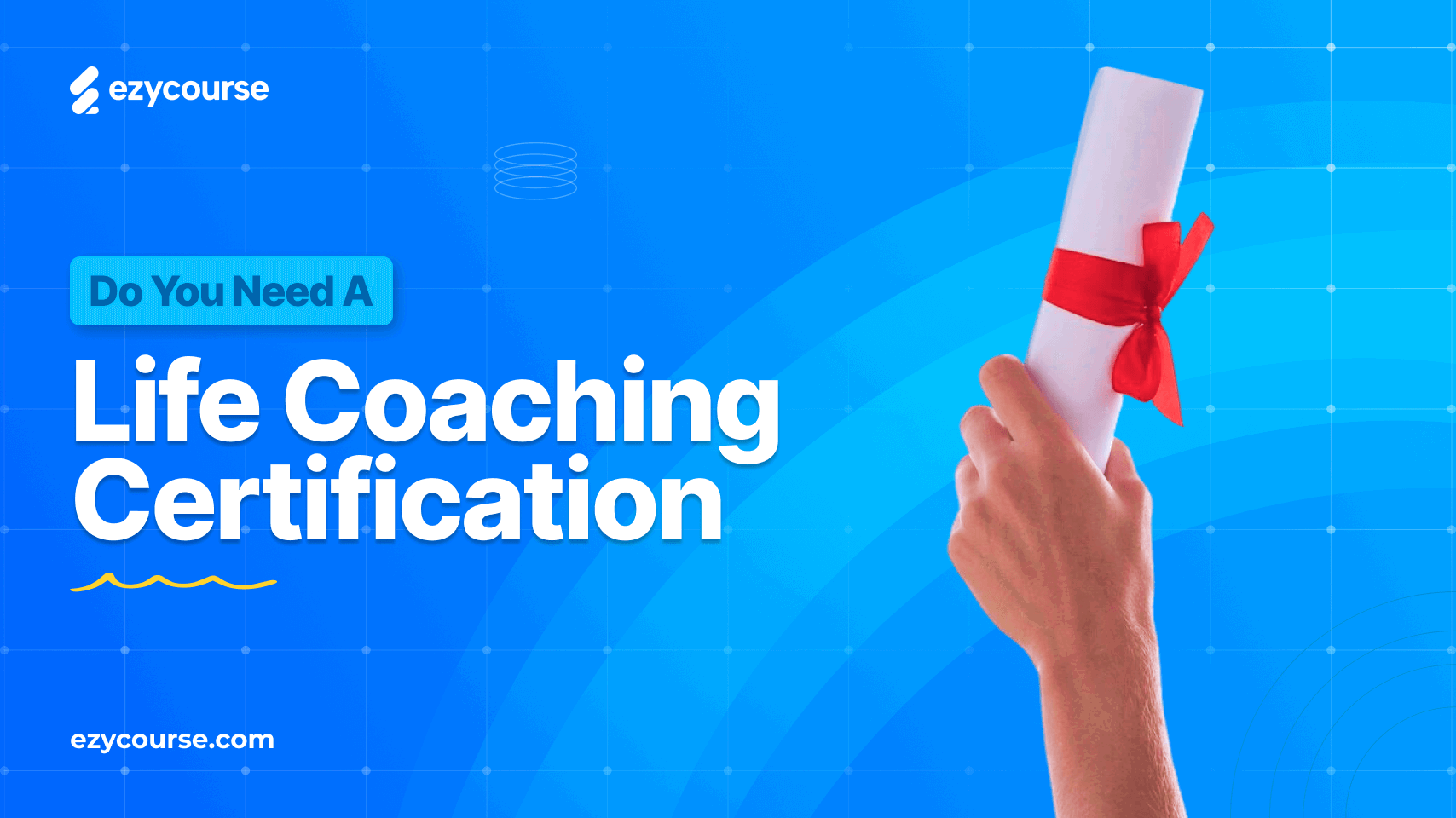
Do You Need A Life Coaching Certification? Pros & Cons Explained
Many often ask if a life coaching certification is necessary to start coaching. This common question can hold you back before you even begin. So, let's clear that up.
You don't need to rush to sign up for a life coaching certification. Take a moment to reflect. Ask yourself: Why do I feel like I need it?
Is it to increase your confidence with clients?
Do you think people won't trust you without it?
Or are you just nervous about tough questions on calls?
Believe it or not, no client will ask you once whether you have the best life coach certification. Clients care about only one thing: results. They'll work with you if they believe you can help them achieve those results.
However, if you want a life coach certification online, go for it! But don't wait for it to begin. You don't need permission to become a spiritual coach or life coach and grow a business.
Are you ready to move forward? Let us discuss the legal requirements for life coaching certification and its pros and cons. Keep going!
What Is a Life Coaching Certification?
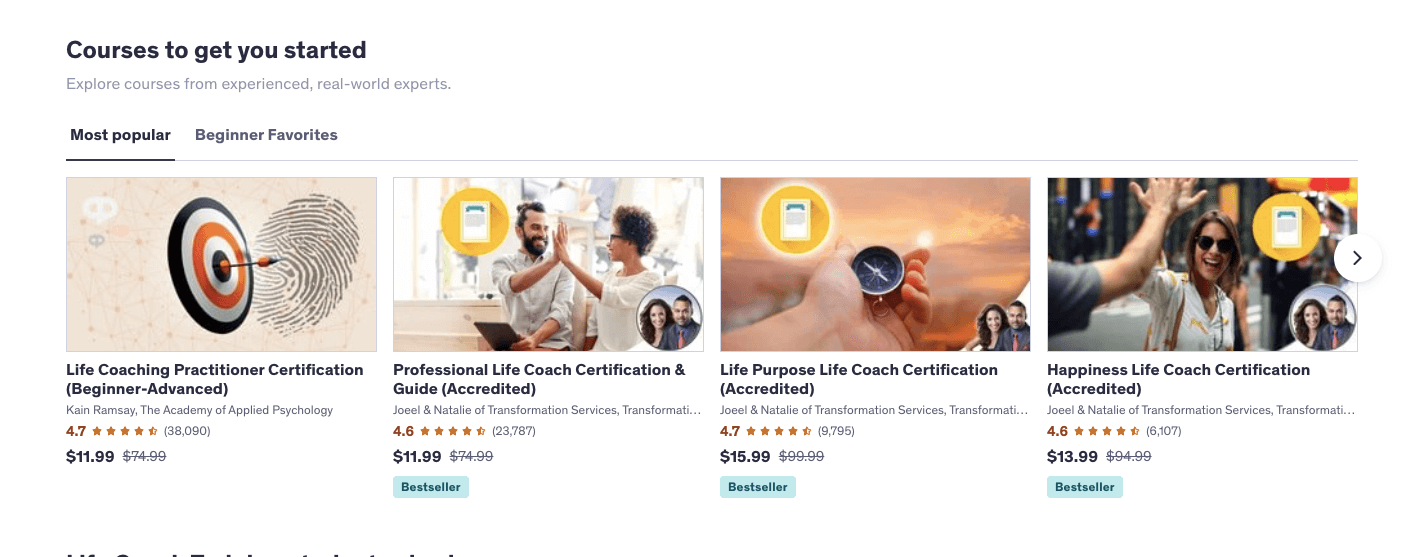
A life coach certification proves you finished a company's training or coaching program. It could be a paper certificate or an online badge. There are two kinds: ones approved by the ICF and those that are not.
ICF stands for International Coaching Federation. It's the leading group that sets standards for coaching and training programs. Some companies pay the ICF to review their course material.
If the online course meets ICF standards, it gets approved. To complete an ICF-accredited course, you usually need to practice with other students and work under the guidance of a trained coach.
After finishing, you must also pay the ICF to become an official member. Because of the extra steps, ICF-accredited programs cost more than those without approval.
So, is ICF certification essential? It depends.
What Is a Certified Life Coach?
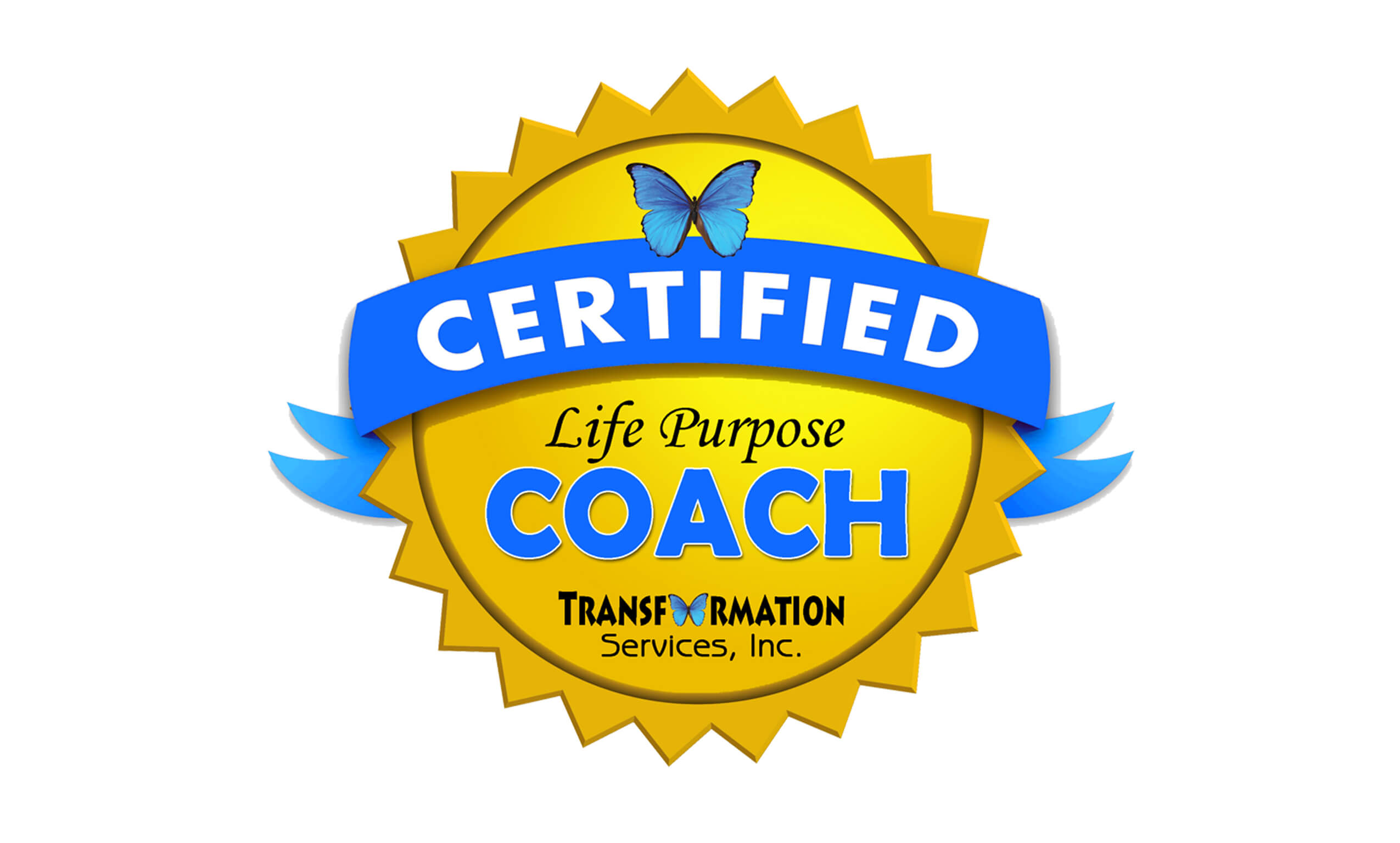
A certified life coach helps people improve their lives. This could mean better habits, work-life balance, or stronger relationships.
There are no legal rules for becoming a life coach. Anyone can use the title, but some people take training to learn how to coach properly.
These programs teach how to work with clients and support them well. If someone finishes this training, they are called a certified life coach.
How to Pick the Right Coach Certification Program?
Which online coaching platform or program is the best? It comes down to what you need.
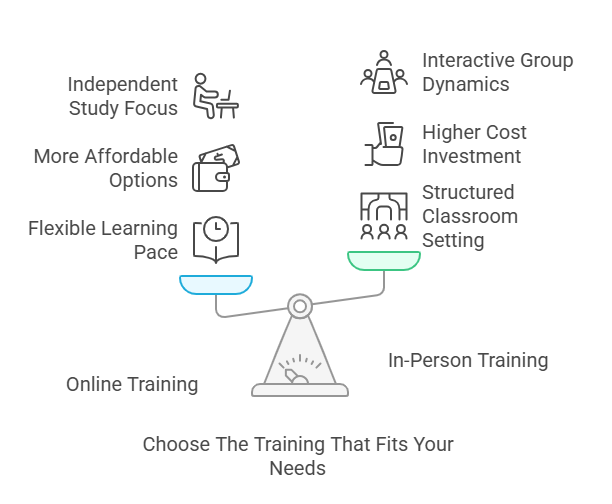
You can choose both online and in-person training options.
Some courses last just three days, while others run for a year.
Some programs are very affordable. Others are pricey.
Some focus on a specific niche, like health coaching. Others cover general coaching skills.
For example, if you need something flexible, an online program you can complete at your own pace might be better.
An intense coach training course will teach you how to ask better questions, help clients set clear goals, and guide them to find answers.
How to Become a Certified Life Coach?
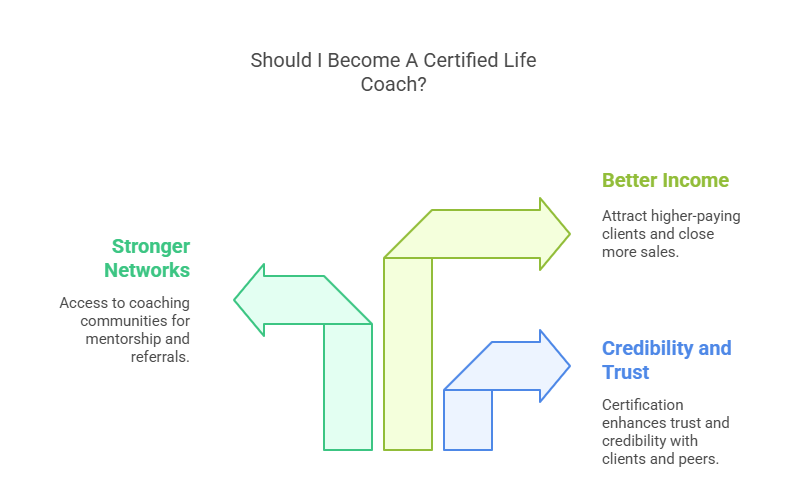
You don't need a college degree to become a life coach. But many coaches do have one. About half have a bachelor's degree, and some go further with a master's.
Certification programs may require some education, like an associate's degree before you can apply. So, it's good to check the rules for each program.
If you're still in school and thinking about life coaching, study subjects like psychology, business, or social work. These areas share tools and ideas that coaches often use. Fields like counseling and social sciences can also give you a helpful background.
Top 3 Life Coaching Certification Programs
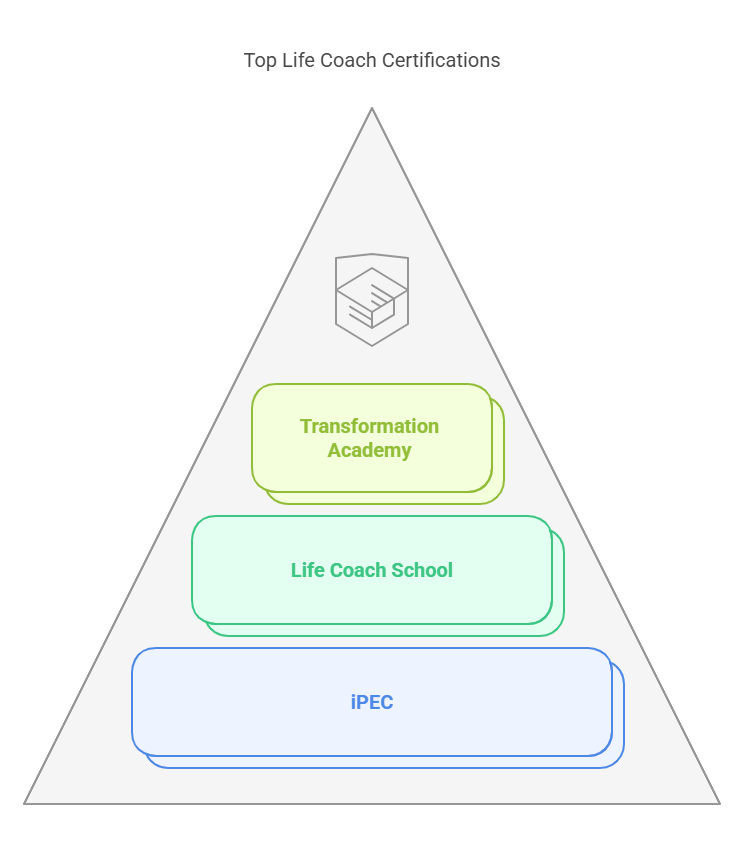
Here's a list of the three best life coach certification programs based on real feedback from numerous coaches.
Institute for Professional Excellence in Coaching (iPEC)
The Life Coach School
Transformation Academy
Let's break down each one:
i) Institute for Professional Excellence in Coaching (iPEC)
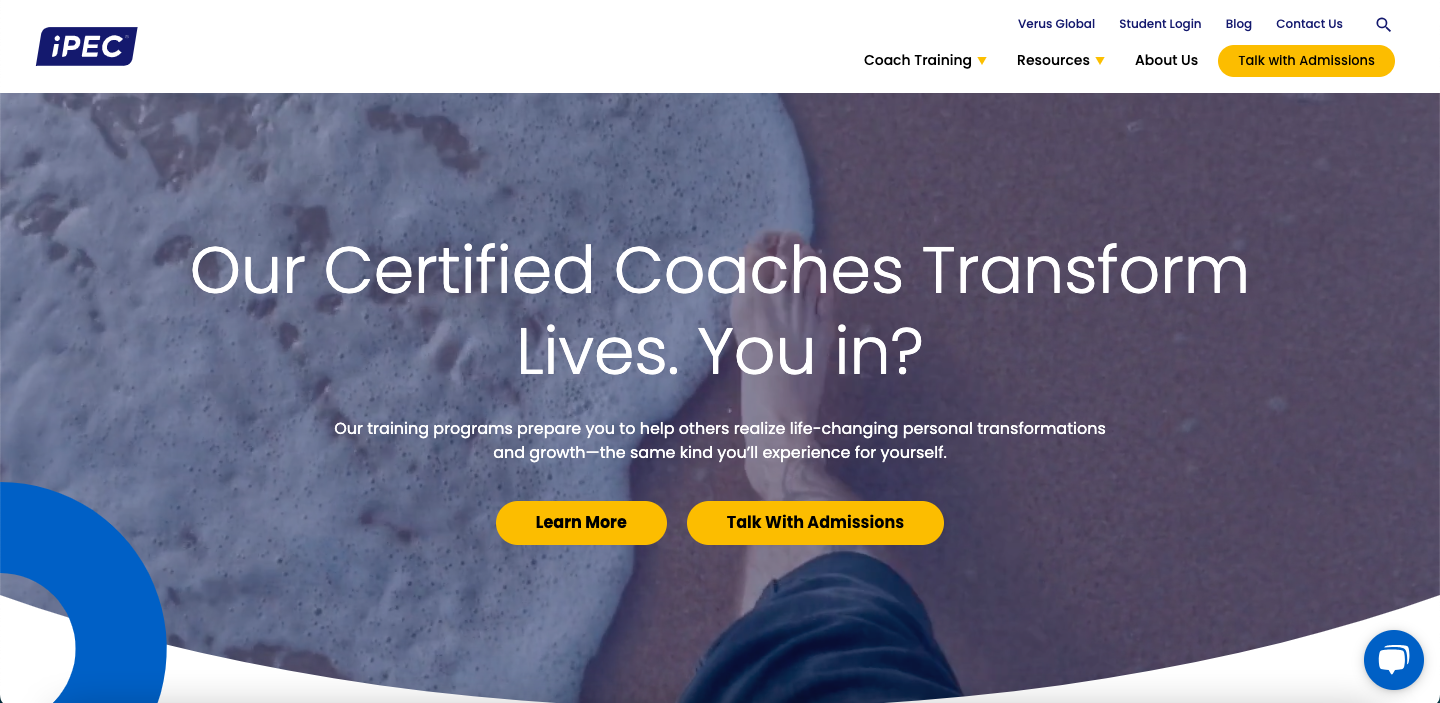
Best For: ICF Accreditation
Average Rating: 9.4
Summary: iPEC was the most recommended program. It's a 10–12 month course with ICF approval and a strong coach community. However, it's a big investment, but not the priciest one.
Pros:
Great community support
Strong structure that keeps you on track
ICF-accredited
Cons:
Takes nearly a year to finish
Higher cost
Price: USD 11,950
Length: 10–12 months, 320 training hours
Format: Webinars, e-workbooks, self-study materials, plus three days of live virtual or in-person classes
ICF Accredited? Yes.
ii) The Life Coach School
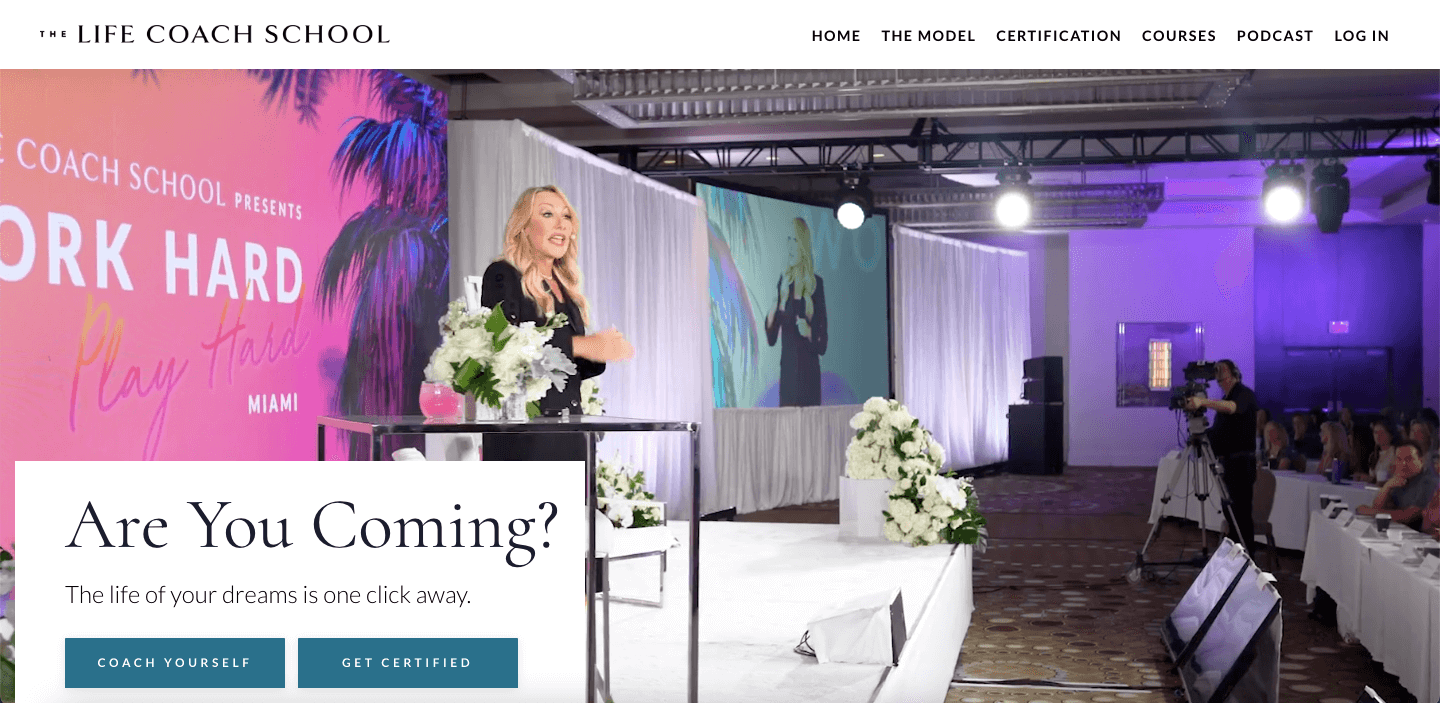
Best For: Building mindset and confidence
Average Rating: 8.7
Summary: This self-paced online program is almost twice as expensive as iPEC and isn't ICF-accredited. Some students felt it lacked instructor feedback, but many loved the mindset skills they gained.
Pros:
Strong focus on mindset and confidence
Live networking events each year
Business-building guides included
Cons:
Some teachings are not evidence-based
Limited feedback from instructors
Price: USD 21,000
Length: Self-paced, about 5 hours per week suggested
Format: Monthly calls, online membership, in-person mastermind workshops
ICF Accredited? No.
iii) Transformation Academy
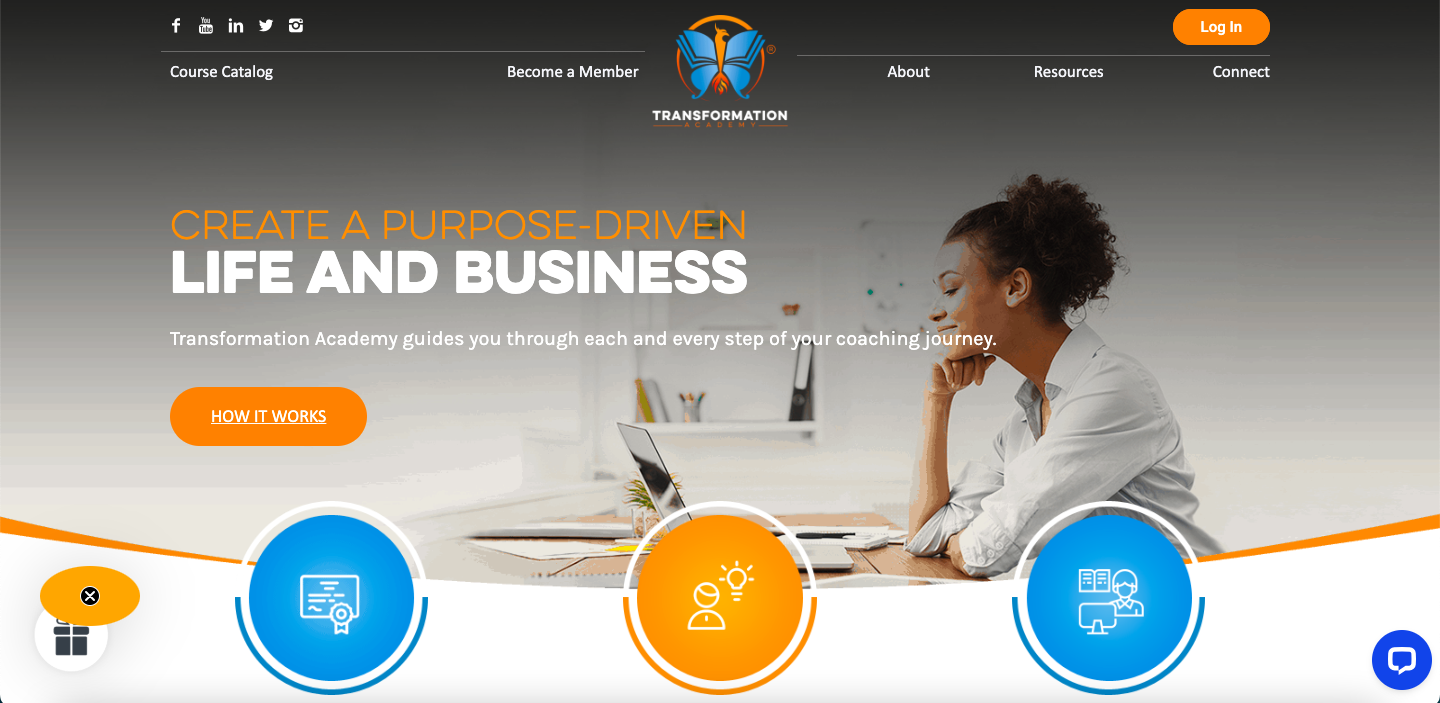
Best For: Budget-friendly training
Average Rating: 8.5
Summary: Transformation Academy offers detailed training for a low price. Many courses focus on specific niches like business coaching. Just note: it's self-study only, with no live events or coaching practice.
Pros:
Detailed and deep content
CPD/CEU credits offered
Very affordable
Niche-specific courses
Helpful faculty
Cons:
Not ICF-accredited
No community or live events
Price: Starts at USD 497 (varies by course)
Length: Self-paced, 10–25+ hours, depending on the course
Format: 100% online with videos and printable worksheets
ICF Accredited? No.
Legal Requirements for Life Coaches
The legal requirements for life coaches are:
1. Registering Your Business
First, check if you need to register your business. This depends on your location and how you plan to run it.
If you use your name, you might not need to register. However, registering your business can bring legal and tax benefits. Most people file their business name with state or local offices.
You can run your business as a sole proprietor or form an LLC. Sole proprietorships are easier to start, but you take on all risks. An LLC gives you legal protection, but costs more and takes extra steps to set up.
2. Terms, Disclaimers, and Policies
If you start to provide life coaching, we recommend that you build a website. You'll also need legal pages on your website. These include:
Terms and Conditions
Disclaimers
Privacy Policy
These legal basics protect you and help your clients understand how you work and what they agree to. They also allow you to run your coaching business successfully, safely, and clearly from day one.
3. Life Coaching License
You don't need a license to be a life coach. Licenses are for fields like therapy or counseling, not general coaching.
Still, rules can change depending on your niche. For example, if you coach on nutrition, you might need to meet your state's regulations for nutritionists. Always check the laws in your area before you start.
4. Coaching Contract
Law doesn’t ask for a life coaching certification contract, but it's smart to have one. It protects both you and your client. The agreement sets clear terms, boundaries, and expectations.
Your coaching agreement should include the following:
What does your service cover
How many sessions are included, and how long do they last
Your rates and payment terms
How long does the coaching last
Rules for cancellations or ending the service
Using a contract helps avoid confusion and builds trust.
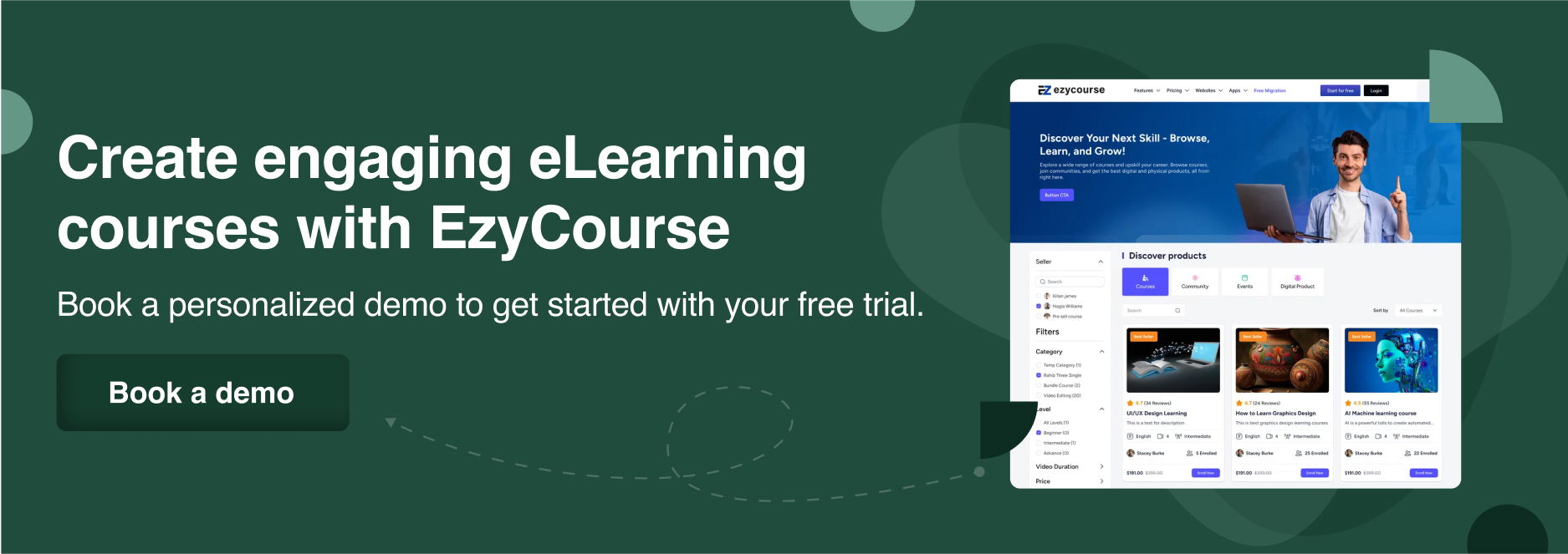
How to Avoid Legal and Ethical Issues as a Life Coach?
As a life coach, you can avoid the legal and ethical issues in the following ways:
Protecting Yourself Legally
One way to protect your business is with insurance. The most common type of life coach is professional liability insurance. It covers you if a client claims your advice caused harm, even if it was a mistake or something you forgot.
There are other options, too:
General liability insurance: It covers physical injuries, like someone getting hurt during an event.
Cyber insurance: It protects you if client data is leaked or stolen.
Workers' comp: It covers injuries for any staff you hire.
Commercial insurance: This is mainly for business cars or office space.
By law, you don't need insurance unless you hold a license in another field. It's more about staying safe.
Even without insurance, the best starting point is a strong client contract. It sets clear rules and helps prevent issues before they start.
Following Ethical Standards
Aside from legal rules, there's the ethical side too.
The International Coaching Federation (ICF) sets the coaches' main code of ethics. Although it is not the law, it is widely respected in the industry.
Good ethics mean being honest and clear about your skills. That means:
Don't promise results you haven't delivered
Avoid one-size-fits-all strategies
The only coach in areas you truly understand
Integrity matters. It helps you build trust and a better business.

Is It Possible to Become a Life Coach Without a Life Coach Certification?
Yes, without a life coach certification, you can be a coach, too. Most coaching areas don't require any formal license or approval. That's because coaching is unregulated. Even certifications aren't official in a legal sense. They're just proof that you've done some training.
So, do you need a certificate? Not really. You can begin coaching without one, especially if you're starting. Offer lower rates, gain real experience, and build your skills.
Over time, raise your prices as your confidence and results grow. It's a fair deal for both you and your early clients.
Still, if you want formal training, choose a trusted program. Look for names like the International Coaching Federation or known universities. Their programs follow high standards and are respected in the industry.
How to Become A Life Coach Without Certification - 7 Easy Tips
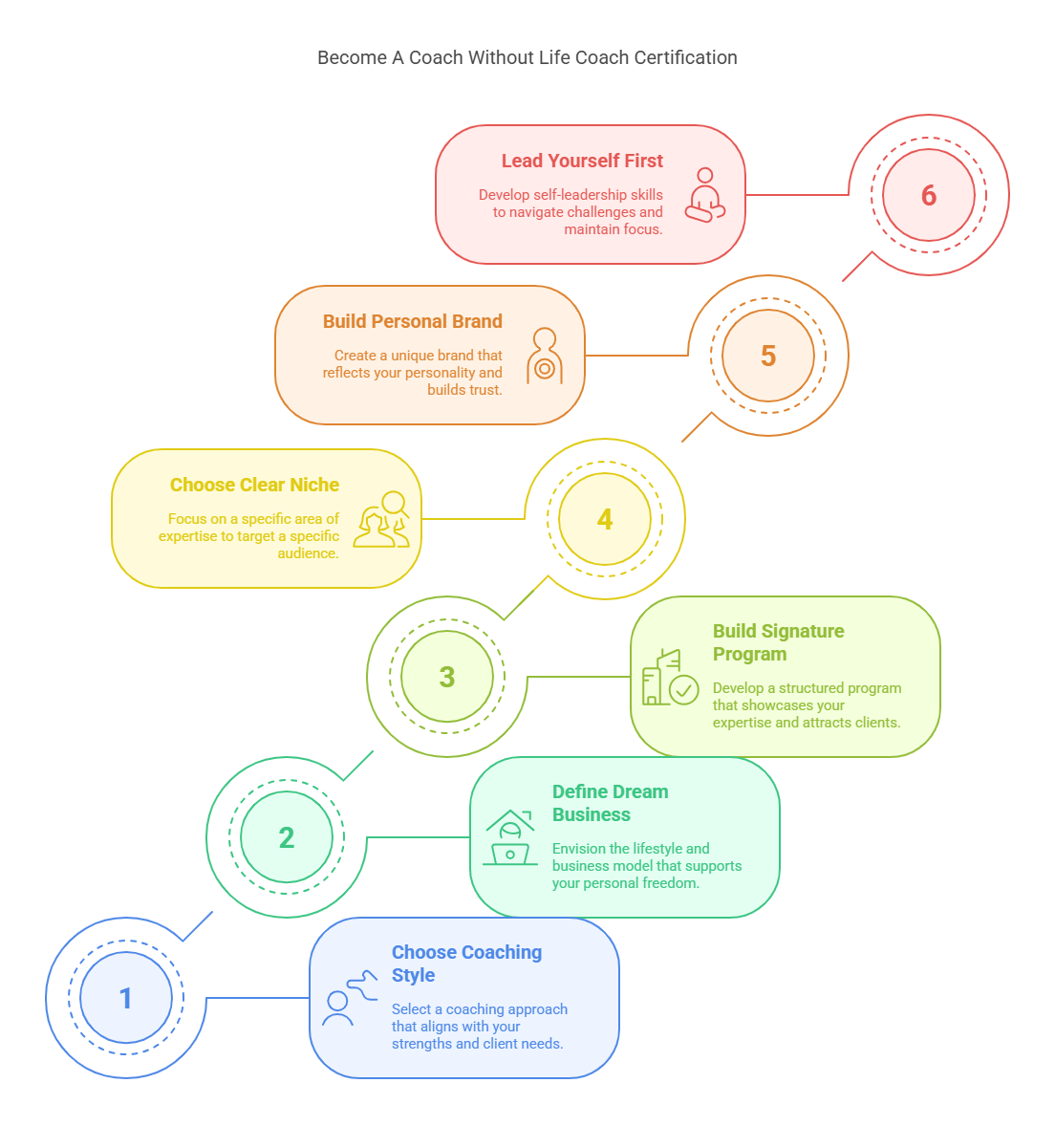
Having a life coaching certification isn't necessary to become a life coach. Now, we will share some essential tips on becoming a coach without a life coach certification.
Tip 1: Pick Your Coaching Style
First, choose a coaching style and clarify how you want to help your clients before working with them. Will you be coaching, mentoring, teaching, or combining all three?
Many people say they want to coach, but when they explain their approach, it sounds more like mentoring.
Here's a quick breakdown:
Coaching means asking powerful questions so your clients can figure things out independently. You're not giving answers but guiding them to discover their own.
Mentoring is when you've done something before and are helping someone else do it. You share your process, tips, and what worked for you. It still includes coaching, but you offer more direction.
Teaching is all about breaking down topics into simple steps your client can follow. You organize the information and explain it in a way that's easy to learn and take action on.
Most coaches and probably you will use a combination of all three, and that's okay.
You don’t need a certification to begin your journey as a life coach, but you do need to build your skills. Practice coaching with friends. Study how to simplify what you teach. Watch what works and improve as you go.
If you're open to learning and refining your approach, you can create real results for your clients, with or without a life coaching certification.
Tip 2: Define Your Dream Business
Before you build your coaching business, you should know what life you want. You're not just starting a career, you're creating something to support your version of freedom.
We recommend starting with your lifestyle goals. For many people, becoming a life coach isn't just about helping others. It's also about creating flexibility and freedom in their lives.
Freedom means working on your schedule and doing work that lights you up. It also means being able to afford the experiences you want without stressing about money.
So, what does freedom look like for you?
Once you know that, think about how much time you want to spend working. It could be just a few hours a week with one-on-one clients. You could also run group programs or sell digital courses, so you don't need to be there live.

Tip 3: Build Your Signature Program
You need a signature coaching program to stand out as a life coach. This is the foundation of your business and the most straightforward way to show clients what you do and how you help.
A life coaching certification is excellent, but doesn't teach you how to package your knowledge or attract clients. That's where your signature program comes in.
Your program should walk clients through a straightforward process. Think of it like a roadmap, from the challenge to the transformation they want. That's what makes your offer powerful and precise.
It also shapes everything else in your business, your content, your message, how you attract people, and even how you sell. Without it, things feel scattered.
When your program is in place, you'll:
Know who your ideal clients are
Speak clearly in your marketing.
Grow your audience with a purpose.
Build your email list.
Create offers that flow naturally.
Sell with confidence
Your signature program becomes your business blueprint. It prepares you to serve people in an aligned and repeatable way.
And the best part? You don't need to wait until you're "ready" or have a life coaching certification. You can start now, right where you are.
Tip 4: Choose a Clear Niche
Yes, we've got to talk about niching down. It's one of the most important things you can do to grow your coaching business.
A niche is just a focused group of people with a specific need. When you speak directly to that need, everything becomes easier, including your content, offers, and ability to attract the right people.
Instead of trying to help everyone, pick one area you love. What's that one topic you could talk about all day? What problem have you already solved for yourself that you'd love to help others with?
Maybe you're a mom who figured out how to rebuild life after divorce. Or perhaps you've helped couples end relationships peacefully. Whatever it is, that specific story is gold.
You don't need a life coaching certification to start helping people with what you've already lived through. You just need to be clear about who you help and how. So, take some time to think it through. Find your topic. Get specific.
Tip 5: Build a Personal Brand That Feels Like You
Your brand helps the right people find you and enables you to stand out among a sea of coaches.
And no, it's not just about having a pretty logo or matching colors (though those can be fun). What matters is you, your story, your journey, and the results you've created.
That's what draws people in.
Your brand should reflect who you are. That's why it's a personal brand. The more real and honest you are, the more trust you build.
Is it scary to show up as your whole self? Of course. But it's also powerful and freeing.
When people feel connected to who you are, they listen.
And when they listen, they trust.
That trust turns into influence, and influence creates both impact and income.
Whether you have a life coaching certification online or not, a strong personal brand helps you build something real, something lasting.
Tip 6: Lead Yourself First
Coach, consistently attracting clients takes more than good ideas. You need to lead yourself first. Self-leadership means controlling your thoughts, emotions, and actions. It's about knowing how to shift your mindset and energy to stay focused and move forward.
This isn't something you do once. It's something you work on every day. As you grow your coaching business, you'll face moments that test what you believe about yourself and your capabilities.
The truth? Most of your work won't be about marketing or strategy. It'll be about leading yourself through doubt, pressure, and change. Strategy and systems help, but won't work without the inner part.
And no, you don't need a certification to get started. But you do need a clear plan to move forward with confidence.

7 Reasons You Can Be a Great Coach Without Certification
Let's be real, you don’t need any life coaching certification to start. While some situations call for one, here's why you don't need a certificate to make a real impact:
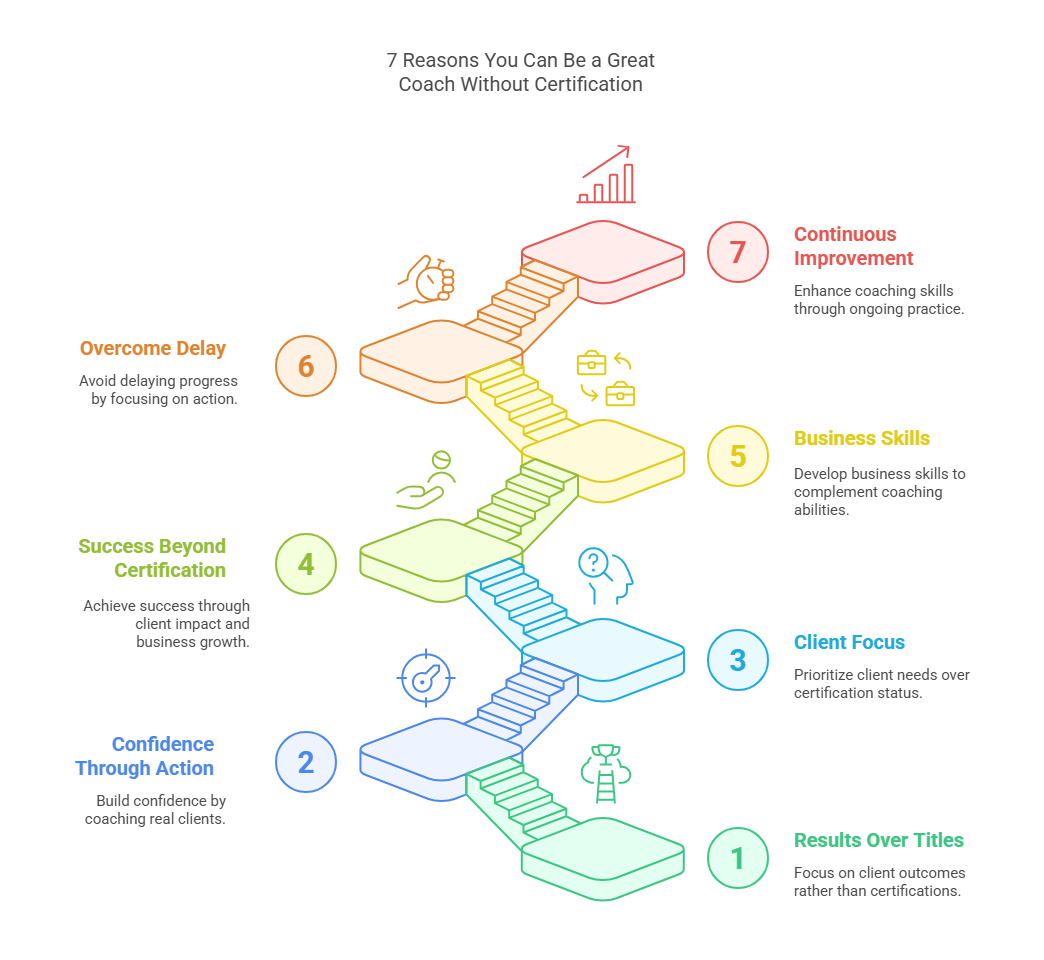
1. Results Matter More Than a Title
Your clients care about outcomes, not paperwork. If you help people make real progress, that's what counts.
You might think, "I need a certificate to be useful." But that's not true. What helps clients most is your ability to guide, support, and deliver clear steps.
Let's be clear, yes, there's a learning curve when you're just starting as a coach. But that learning happens through doing, not through a certificate.
2. Confidence Comes from Coaching, Not Paper
Confidence builds with action. You won't feel fully confident until you coach over several paying clients. Certifications won’t give you that. Real work do.
Will a certificate give you confidence? It won't. Helping real people does. You grow with each session, not with a badge.
3. Clients Don't Care About Your Certificate
The truth is, most clients never ask if you're certified. They ask if you can help them. What they value is the transformation, not the training you took.
4. Certification Doesn't Equal success
A coaching program might give you knowledge, but that's not the same as success. Real success comes from helping people and building a business. Coaching tools may not fit your niche. And success isn't one-size-fits-all.
5. Many Certifications Aren't That Useful
Not all programs are created equal. Great coaches build some, but not great business owners. You might already know how to coach. You must learn how to run a business, get clients, and grow. That's what makes the difference.
6. Waiting Can Hold You Back
Getting a certification can sometimes slow you down. You might keep studying instead of taking real steps. But the doing, not the learning, builds your business.
You can miss your first client if you keep waiting for a certificate. Instead, you should show up, offer value, and prove you can help. That's how people will start noticing you. You already know enough to help one person. That's all you need to begin.
7. Coaching Makes You Better
You don't have to be perfect to start. Coaching is a skill you build over time. The more you coach, the better you get.
And yes, you should charge less at the start. That's normal. As you gain experience, you'll raise your rates. We suggest new coaches start at around $1,500 and adjust from there. You'll keep growing every year.

Pros of Becoming a Certified Life Coach
A life coach certification can build trust, open doors, and raise income. Its main advantages are the following:
1. Credibility And Trust
In coaching, trust is everything. A recognized certification shows clients and peers that you're trained, serious, and follow high standards. It makes it easier for people to believe in your skills.
2. Stronger Networks
Certified coaches often have access to large coaching communities. These networks are great for meeting other coaches, finding mentors, learning new skills, and getting client referrals. They are a strong support system that can help you grow faster.
3. Better Income Opportunities
Clients often feel more confident hiring a certified coach, especially regarding their personal or professional goals. Certification can help you stand out from uncertified coaches, attract higher-paying clients, and close more sales.
Risks of Being an Uncertified Life Coach
You can still be a life coach without a certification, but you must work harder to overcome a few hurdles.
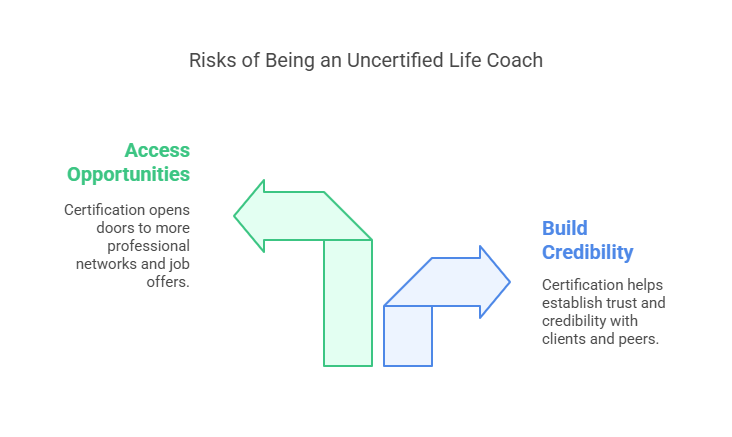
Building Credibility Takes Longer
You'll need to work extra hard without a certification to earn client trust. Some people may doubt your skills, and even some coaches might take you less seriously.
Fewer Professional Options
Some coaching networks and platforms only accept certified coaches. Without a credential, you might miss out on job offers, partnerships, or clients who want a coach with formal training.
Conclusion
Ultimately, a life coaching certification is not necessary. You just need to start.
You can build a meaningful coaching business now, doing work you love, helping people, and creating freedom on your terms.
So, what's one result you've created for yourself or someone else? Share it below. Let's get moving.


